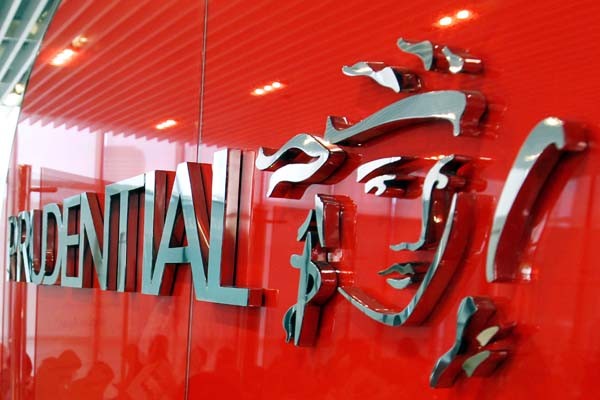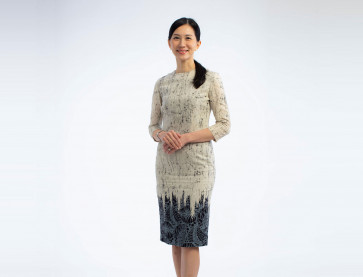Prudential Indonesia to focus on affordable insurance products
Change Size
 Given the increasing health concerns during the pandemic, consumers were looking for more affordable traditional health insurance packages that were not linked to investment products, Prudential Indonesia president director Jens Reisch said on Tuesday.
(Courtesy of/asuransiprudential.web.id)
Given the increasing health concerns during the pandemic, consumers were looking for more affordable traditional health insurance packages that were not linked to investment products, Prudential Indonesia president director Jens Reisch said on Tuesday.
(Courtesy of/asuransiprudential.web.id)
L
ife insurance company PT Prudential Life Assurance (Prudential Indonesia) is focusing on affordable insurance products amid the pandemic, which has hit people’s purchasing power, its president director has said.
Given the increasing health concerns during the pandemic, consumers were looking for more affordable traditional health insurance packages that were not linked to investment products, Prudential Indonesia president director Jens Reisch said on Tuesday.
“In a pandemic situation, now is the time to put forward flexibility, affordability and access,” Reisch said during a livestreamed press conference. “There is an economic impact, so we also want to offer only health protection without investment [attached].”
Prudential Indonesia, the country’s market leader in the life insurance industry last year, launched Tuesday traditional health insurance products, namely PRUSolusi Sehat and PRUSolusi Sehat Syariah, providing health protection with benefits of up to Rp 65 billion (US$4.5 million) if combined with an additional benefits package.
The pandemic has brought in health and economic uncertainties, as government estimates show 5.5 million people will be unemployed this year, a rate of 8.1 to 9.2 percent, up from an unemployment rate of 5.28 percent last year. Meanwhile, the country's confirmed COVID-19 cases surpassed 56,000 on Tuesday.
Spending on insurance remains low in Indonesia. At 1.79 percent of the country’s GDP, Indonesia’s insurance spending is much lower than Organization for Economic Cooperation and Development (OECD) members’ average, according to OECD data.
However, Reisch said that investment-linked products would continue to be highly sought after in Indonesia.
“Customers can upgrade to investment-linked [packages] down the line when the economic and business situation has improved,” Reisch said.
The company noted that awareness on health and the need for protection seemed to be on the rise among the general public despite the low number of insured Indonesians, which has been at a stagnant 3 percent for many years.
According to data from research company Nielsen, in the first quarter of the year, 23 percent of Indonesian consumers stated that they were concerned about their health, a significant increase from the 14 percent recorded in the fourth quarter of last year.
“Now, in a time of the COVID-19 pandemic, there is definitely a concern for health,” Reisch said.
Health insurance expert and Center for Health Economics and Policy (CHEPS) chairman Budi Hidayat explained that with the rising cost of health care over the years, people needed insurance to prevent “catastrophic spending” in case the need for hospitalization arose.
According to the 2019 Global Medical Trends Survey Report by global advisory firm Willis Tower Watson, the cost of medical care in Indonesia increased 10.8 percent year-on-year in 2019, a continued rally as medical care costs climbed 10.9 percent in 2018 and 11.1 percent in 2017. The increase is higher than the regional rate of 7.8 percent last year for the Asia-Pacific.
“We need a risk management mechanism,” Budi said.
Independent financial advisor Philip Mulyana, however, suggested that people differentiate between their investments and their insurance package.
“Never seek returns in insurance because insurance is not an investment asset; it’s protection,” he said during The Jakarta Post Jakpost Up Close webinar on financial planning on Monday.
Philip also advised people to keep expenses for insurance premium payments at a maximum of 10 percent of their monthly income.









